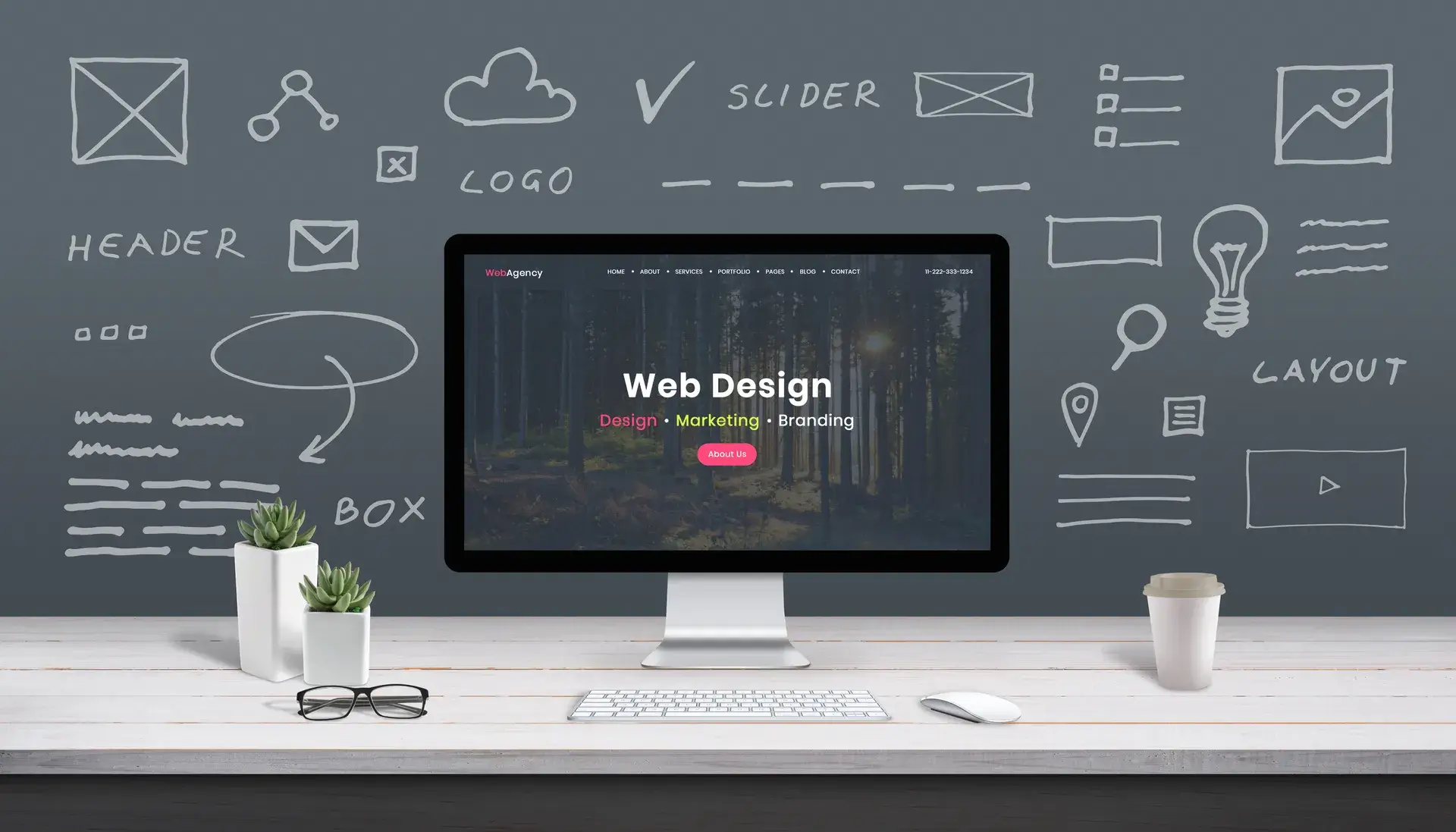The right web development services can elevate your higher education institution's online presence, enhancing communication, improving user experience, and attracting students. With the increasing importance of digital platforms in education, it's crucial for higher education institutions in South Africa to invest in effective web development. In this comprehensive guide, we'll delve into the essential aspects of web development tailored for higher education, including key features, best practices, and the advantages of collaborating with professional web developers.
Why Web Development is Vital for Higher Education
A well-developed website serves as the digital face of any higher education institution. It plays a pivotal role in:
- Attracting Prospective Students: An informative and user-friendly website can engage potential applicants and encourage them to explore your programs.
- Streamlining Communication: Providing easy access to information helps in clear communication with students, faculty, and staff.
- Showcasing Programs and Achievements: Highlighting the institution's programs, faculty, and student success stories builds credibility and encourages enrollment.
Key Features of Higher Education Websites
When developing a website for higher education, consider incorporating the following features:
- Responsive Design: With many users accessing websites on mobile devices, your site must be mobile-friendly and responsive.
- User-Friendly Navigation: Easy access to essential information, such as course details, admission requirements, and campus resources, is crucial.
- Content Management System (CMS): Utilizing a CMS allows for easy updates and management of content by non-technical staff.
- Integration with Student Portals: Seamlessly integrating with existing student management systems enhances the user experience.
- Multimedia Content: Incorporating videos, virtual tours, and interactive elements engages users and enriches their experience.
Best Practices for Developing Higher Education Websites
To create an effective higher education website, keep these best practices in mind:
- Conduct User Research: Understand the needs and preferences of your target audience, including prospective students and faculty.
- Prioritize Speed and Performance: Optimize your website for quick loading times to reduce bounce rates and improve user satisfaction.
- Maintain Accessibility Standards: Ensure the website is accessible to all users, including those with disabilities.
- Utilize Analytics: Incorporate tools to track user behavior and performance metrics, allowing for continuous improvement.
The Benefits of Professional Web Development Services
Partnering with a skilled web development agency offers numerous advantages:
- Expert Guidance: Professional developers understand industry standards and can deliver tailored solutions to meet your needs.
- Time-Saving: Outsourcing web development allows your team to focus on core activities while experts handle the technical aspects.
- Ongoing Support: Agencies often provide ongoing maintenance and support, ensuring your website stays updated and functional.
Conclusion
Investing in higher education web development is a critical step towards enhancing your institution's online presence and attracting students. By focusing on user experience, key functionalities, and collaborating with experienced developers, you can create an impactful website that serves your academic community effectively. At Prebo Digital, we specialize in web development for higher education institutions, helping you build a digital presence that resonates with your audience. Ready to take your higher education website to the next level? Contact us today to get started!














